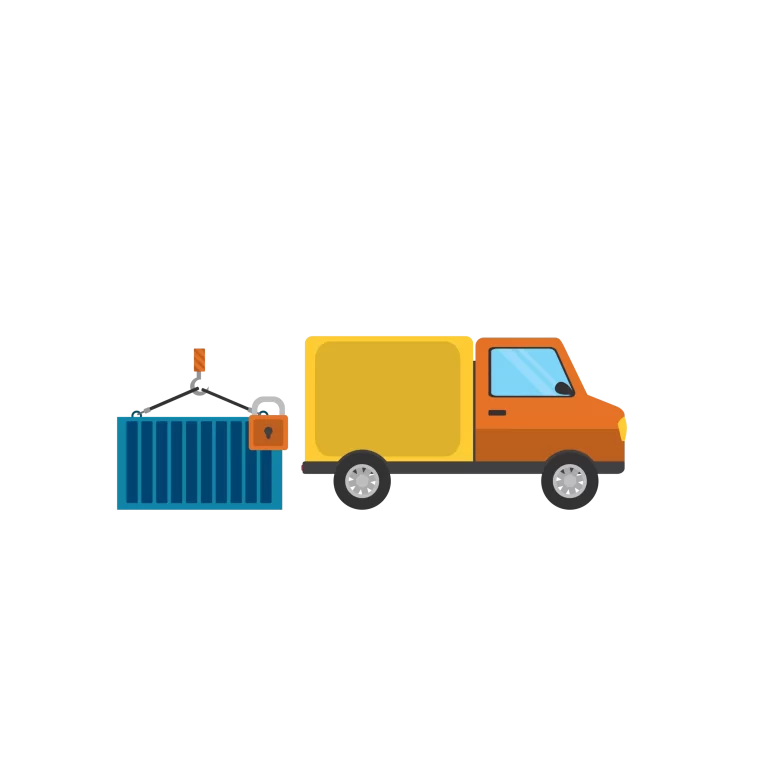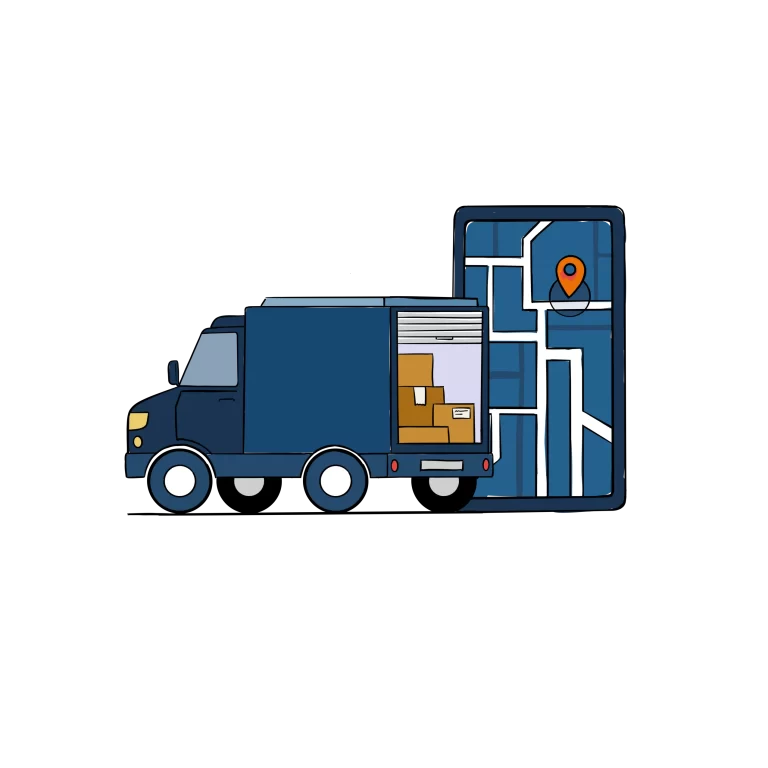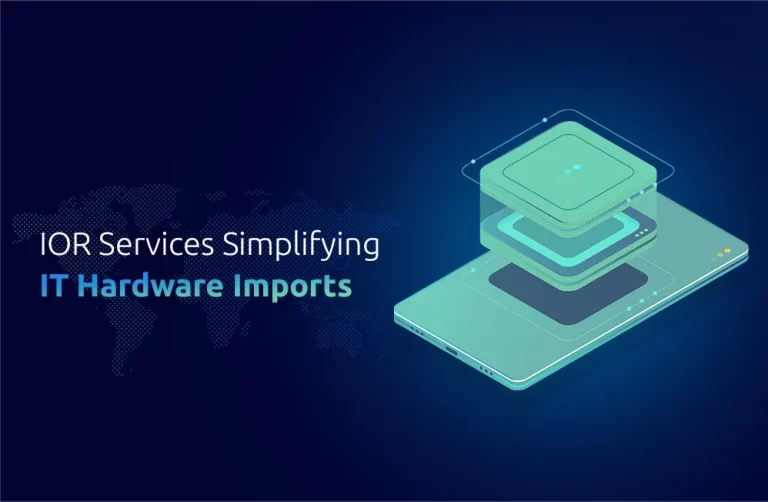Understanding Delivered Duty Paid (DDP) Services in Bolivia
Bolivia’s stringent customs procedures and regulatory environment make DDP services a necessity. Sellers offering DDP confirm that customers do not have to manage import duties, taxes, or other compliance-related documentation. By paying these fees, sellers avoid potential delays and disputes, allowing buyers to focus on their core business operations.
In addition, Bolivia’s reliance on neighboring countries for port access means that DDP can greatly streamline the logistics process. The seller oversees the entire process, including transportation through intermediary countries, to confirm smooth delivery to the buyer.
What do “Delivered Duty Paid” (DDP) services mean for Bolivian Traders?
DDP in Bolivia allows exporters to control the supply chain. It also increases customer satisfaction. Exporters can attract more customers by providing a simple solution. This is a good opportunity for businesses. They do not have the necessary knowledge or resources to manage customs processes alone.
Yet, exporters have to take on more responsibilities. This includes a correct calculation of duties and taxes per Bolivia’s tariff system. It uses the Harmonized System (HS) codes. Bolivia’s HTS Harmonized Tariff Schedule often requires detailed documentation from exporters. This is to avoid penalties or delays.
The GSP lets Bolivia’s exporters pay low or no tariffs when shipping to certain countries. Taking advantage of the GSP can reduce costs and make the DDP arrangement more viable.
Incorporating DAP and DAPS as Alternatives to DDP
While DDP is highly advantageous, some exporters may consider other Incoterms, such as Delivered at Place (DAP). Under DAP, the seller delivers goods to a named place but does not cover import duties or taxes. This offers a middle ground, balancing responsibilities between the buyer and seller. For businesses operating in Bolivia, evaluating DAP alongside DDP can provide more tailored solutions based on specific trade needs.
Advantages of DDP in Bolivia
Simplicity: The buyer receives goods without worrying about customs duties, taxes, or compliance issues.
Predictability: The seller handles all costs upfront, reducing the risk of unexpected expenses.
Efficiency: Streamlined processes minimize delays and disputes, improving overall trade efficiency.
Market Access: By simplifying logistics, exporters can access a broader customer base in Bolivia.
Challenges of DDP in Bolivia
Higher Costs for Sellers: The seller assumes significant financial and logistical responsibilities, including unforeseen expenses during customs clearance.
Complex Regulations: Bolivia’s trade policies and tariff classifications can be challenging to navigate without expert guidance.
Limited Infrastructure: Landlocked geography and dependence on neighboring countries for port access can complicate delivery logistics.
How Can One Union Solutions Help You in Bolivia for DDP Service?
One Union Solutions is a trusted provider of IT supply chain solutions, serving diverse industries such as technology, medical, automotive, and aviation. With a comprehensive understanding of Bolivia’s trade landscape, One Union Solutions can:
Easy Approval: Navigate Bolivia’s customs regulations, including HS codes and tariff schedules, for easy smooth delivery.
Optimize Costs: Help exporters use programs like the Generalized System of Preferences. Help them calculate tariffs and taxes with precision.
End-to-end support: We offer DDP solutions. They include shipping, insurance, customs, and final delivery.
Enhanced Visibility: Use advanced tracking systems to offer real-time updates on shipments.
Partnering with us, lets businesses focus on growth. They can leave logistics to experts.
Conclusion
It simplifies trade with Bolivia. It ensures a smooth transaction for buyers. This fosters better business relationships. One Union Solutions plays an important role in optimizing DDP operations, offering expertise in compliance, cost management, and logistics.
Incorporating DDP into your export strategy for Bolivia can enhance market access, streamline operations, and deliver significant competitive advantages. Whether leveraging the Generalized System of Preferences or navigating the intricacies of the HTS Harmonized Tariff, understanding and utilizing DDP effectively can transform the way businesses approach international trade.
DID YOU KNOW?
“Bolivia’s IT sector is experiencing growth, with increased investment in technology and software development. The government’s focus on digital transformation is creating opportunities for local startups and attracting international partnerships.”







